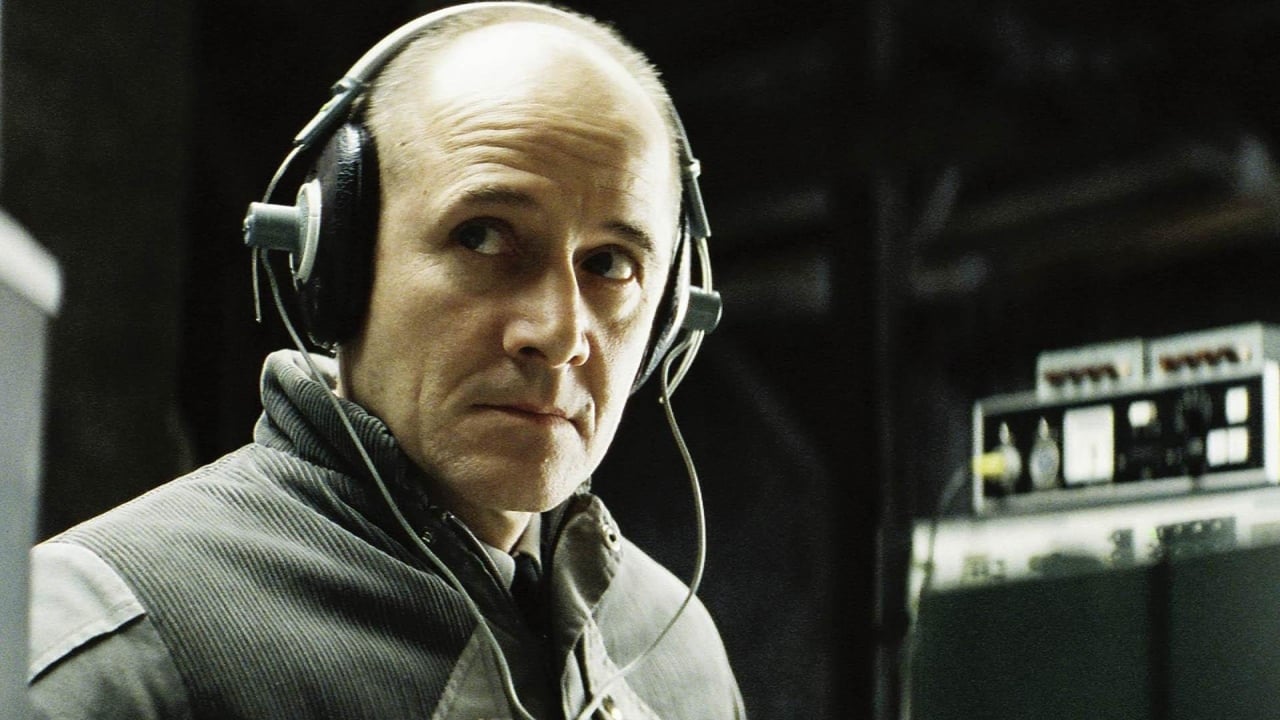The Lives of Others, directed by Florian Henckel von Donnersmarck, is an unforgettable blend of drama, mystery, and thriller that left me questioning everything I thought I knew about human nature and the power of surveillance. Set in the eerie suppressive era of 1984 East Berlin, the film sheds light on the secret world of the Stasi—East Germany's oppressive secret police. Let's dive into this intriguing movie review and explore what makes this film a serious contender for one of the best drama movies of its time.
The plot thickens around Gerd Wiesler, a strict and loyal Stasi officer played masterfully by the late Ulrich Mühe. Rounding out the cast are Martina Gedeck and Sebastian Koch, who portray a writer and his lover whose lives are intrusively monitored. As each reel unfolds, Wiesler becomes unintentionally entangled in the couple's lives, shedding his unemotional façade as he dives deeper into their world. The complex theme of voyeurism mixed with genuine human connection is deeply moving—it's like catching a glimpse of true vulnerability through a kaleidoscope lens. Who knew spying could unravel one's soul?
The strength of this film lies in its stellar performances and noteworthy direction. Ulrich Mühe’s transition from cold-hearted enforcer to conflicted observer is truly Oscar-worthy. It's through subtle facial expressions and nuanced body language that we see a character torn apart by moral dilemmas. Thank goodness they didn’t fall into the overacting pitfall—a mistake many actors make in high-tension thrillers. Meanwhile, Florian Henckel von Donnersmarck's direction is precise and unyielding, cutting through the film's dense themes with the skill of a neurosurgeon. The screenplay feels like a tightrope, balancing the elements of suspense and emotional depth seamlessly, framing each shot to wring out every drop of tension from this brooding narrative. It's one of those must-watch films for its precise cinema analysis.
In comparing this to other films in the same genre, one might think of classics like 'The Conversation' or even more modern takes like 'Tinker Tailor Soldier Spy.' Yet, The Lives of Others stands apart. Where Francis Ford Coppola's 'The Conversation' delves deeply into the ethics of surveillance, Donnersmarck's take injects a deeply personal touch—vulnerability and self-reflection abound, adding layers to an already suffocating setting. The tension in these scenes is palpable, unlike anything I've felt since watching Jaws for the first time! Meanwhile, its deeply 'personal' element adds a unique twist absent from more recent espionage-centric tales.
If you're seeking a cinematic masterpiece to break from today's endless cycle of easy-peasy Hollywood thrillers and to dive into something profoundly thought-provoking, then you cannot miss The Lives of Others. It's a fiery reminder that cinema can impact us, challenge us—even haunt us. Pondering post-film is not just a treat but an inevitability. So gear up to have your mind rattled and heart warmed at this film critique. If you love thrillers (or just well-crafted narrative cinema), this gem is not just a recommendation but a command!

